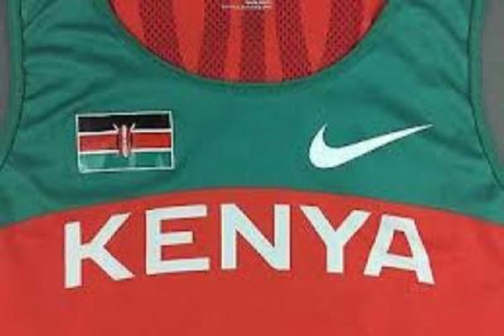×
The Standard e-Paper
Home To Bold Columnists

Controversy has rocked distribution of kits to the Olympic team in Rio de Janeiro, Brazil, with Nike registering disappointment with the manner the National Olympic Committee of Kenya (Nock) handled the issue.
Nike appeared outraged by the kits distribution after reports emerged that some officials steal and sell the kit to markets in town.